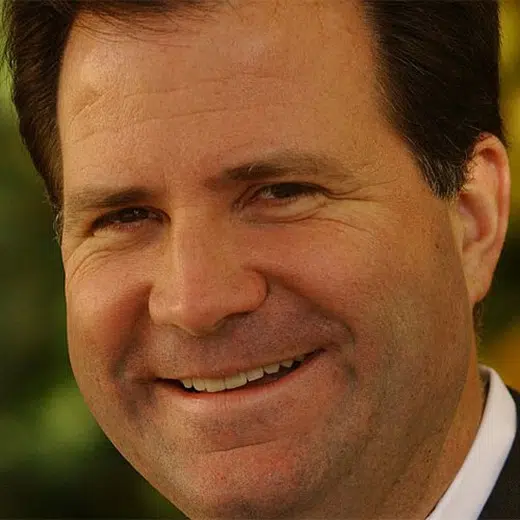By Sarah N. Lynch
WASHINGTON (Reuters) – U.S. Attorney General Merrick Garland on Friday denied allegations by an Internal Revenue Service whistleblower, who said the high-ranking federal prosecutor tasked with investigating President Joe Biden’s son Hunter was hindered by the Justice Department from pursuing more aggressive criminal tax charges.
Speaking publicly for the first time since Hunter Biden was criminally charged on Tuesday with two misdemeanor counts of willfully failing to pay income taxes, Garland told reporters at a press conference that U.S. Attorney David Weiss, the top federal prosecutor in Delaware, “was given complete authority” to make charging decisions on his own.
“David Weiss was appointed by President Trump as the U.S. attorney in Delaware and assigned this matter during the previous administration,” Garland said.
“He was given complete authority to make all decisions on his own,” the attorney general added.
Weiss’ office on Tuesday revealed in a court filing that Biden has agreed to plead guilty to the two misdemeanor tax charges. He has also agreed to enter into a pretrial diversion program to avoid facing a more serious felony count of possessing a firearm while a drug addict.
Republicans have since attacked the charging decision, calling it a sweetheart deal that will likely allow the younger Biden to avoid prison time.
On Thursday, lawmakers in the U.S. House of Representatives released the transcript of an interview with Gary Shapley, an IRS criminal supervisory agent who worked on the Hunter Biden probe.
Shapley said that the Justice Department slow-walked the case, starting during the Trump administration and continuing through Garland’s tenure.
Most notably, Shapley said investigators uncovered evidence of more serious tax crimes that could only be pursued in either Washington, D.C., or California, but not in Delaware.
But when Weiss sought permission from Garland to be designated as special counsel, so he could bring charges from anywhere in the country, his request was denied, Shapley said.
Garland denied that claim on Friday. “Mr. Weiss never made that request to me,” he said, adding that Weiss actually had “more authority” than a special counsel.
(Reporting by Sarah N. Lynch; editing by Jonathan Oatis)






